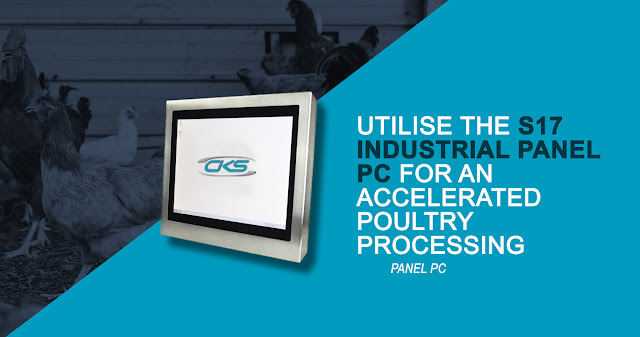Then and Now: Industrial Computers
Can you imagine life
without computers?
The ease of facility
that we have when we pull our smartphones out of our pocket, or of reading
messages sent from halfway around the world, are all thanks to computing
devices that deliver this information to us.
When we think of
computers, however, we think of the personal computer. What of the more
high-powered, longer-lasting industrial computers?
Looking
Back the Advancement of Industrial Computers To Now
Without knowing it, industrial
computers have been key in running our lives.
We don’t often see
them, but they are the ones running our factories and generating data for us in
order to improve online security.
They are warehouses of
information that run our email servers, generate visual marketing components,
and make it possible for even the most remote areas to have data processing
jobs available.
They are here to stay.
The
rise of the first computers
Apple and IBM are
renowned as some of the world’s pioneering companies in the development of
computers. Apple Inc., founded by Steve
Wozniak and Steve
Jobs, was credited in the advent of the personal computer.
Before, computers were
not available for home use. They were mostly in laboratories and military
facilities, holding information and generating the kind of software that keeps
our industries running. The need to personalise machines then made personal
computers distinct from industrial computers, and necessitating the need for
different functions.
IBM was
credited with creating the first ‘industrial’ computer, the 5531, in 1984. These kinds of computers
often deal with data acquisition and process control, working in tandem with
other computers in order to generate the output they create into actual, digestible
products.
A large breadth of
software development is spent on these computers as they are often made for
very specific tasks.
Because of the
‘rugged’ environment where industrial computers are utilised, making these
kinds of equipment is built to withstand those elements.
Higher-quality
materials, as well as abilities to be shock, dust, and water-proof are built
into these machines in order to maximise use.
Industrial
Computers vs. Personal Computers
These kinds of
computers led themselves to different types of industry.
Because personal
computers tend to take on parts of the user that frequents it more often, it
has now become a status symbol to have certain brands.
Brands such as Apple,
Samsung, HP, and Dell are popular in the market due to its emphasis on
performance. There are even niche laptops and PC’s for gaming, video and sound
production, and design.
Industrial computers
focus more on performance and durability than customisation, due to the
environment it is exposed to. This limits its personalisation aspects, but
makes up for it in data storage and performance.
The rate of change is
also much less than in personal computers, with new models being built due to
demand. Slower demand leads to a certain model being available in the industry
for years to come.
Both components have
their merits, but these computers are more competent in dealing with highly
technical and complex manufacturing and data processing tasks that personal
computers simply do not have.
They share a common
purposes in computing various functions, but these computers takes on the more
serious task of running with higher-quality components and at a much more
difficult level of precision.
Source:
Industrial Computers
& Communications - a dissection, jimpinto.com


Comments
Post a Comment